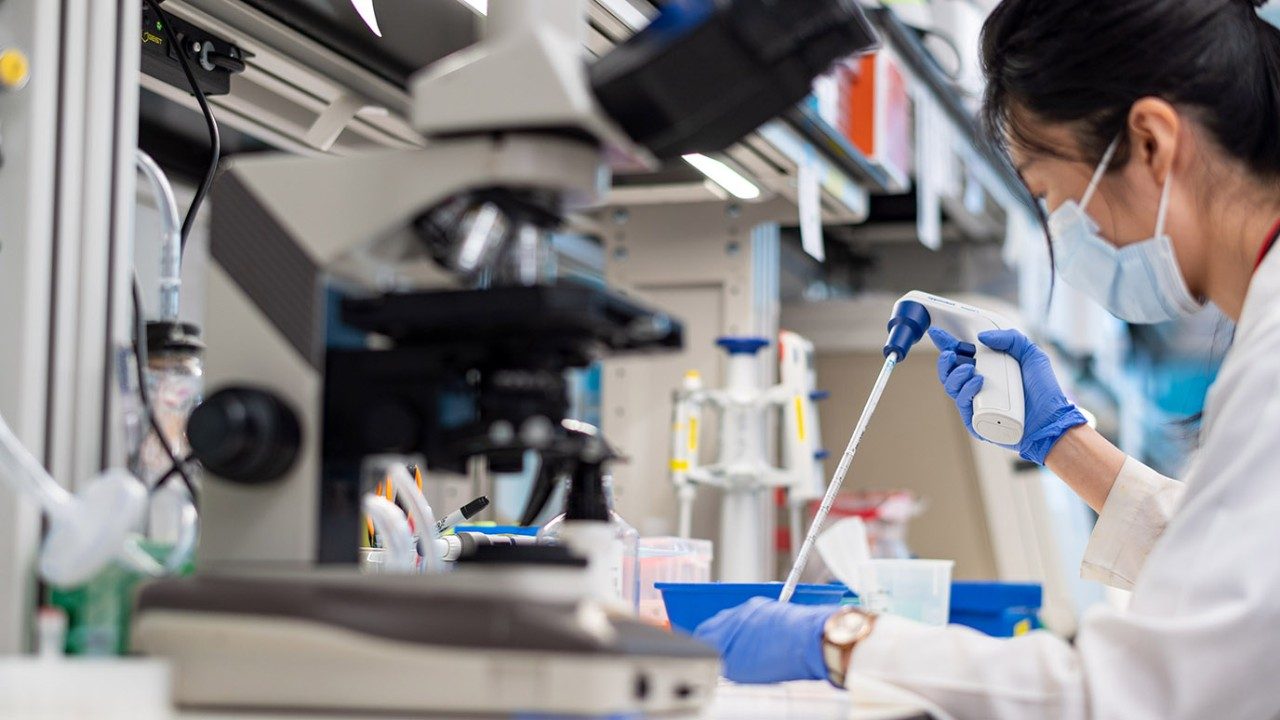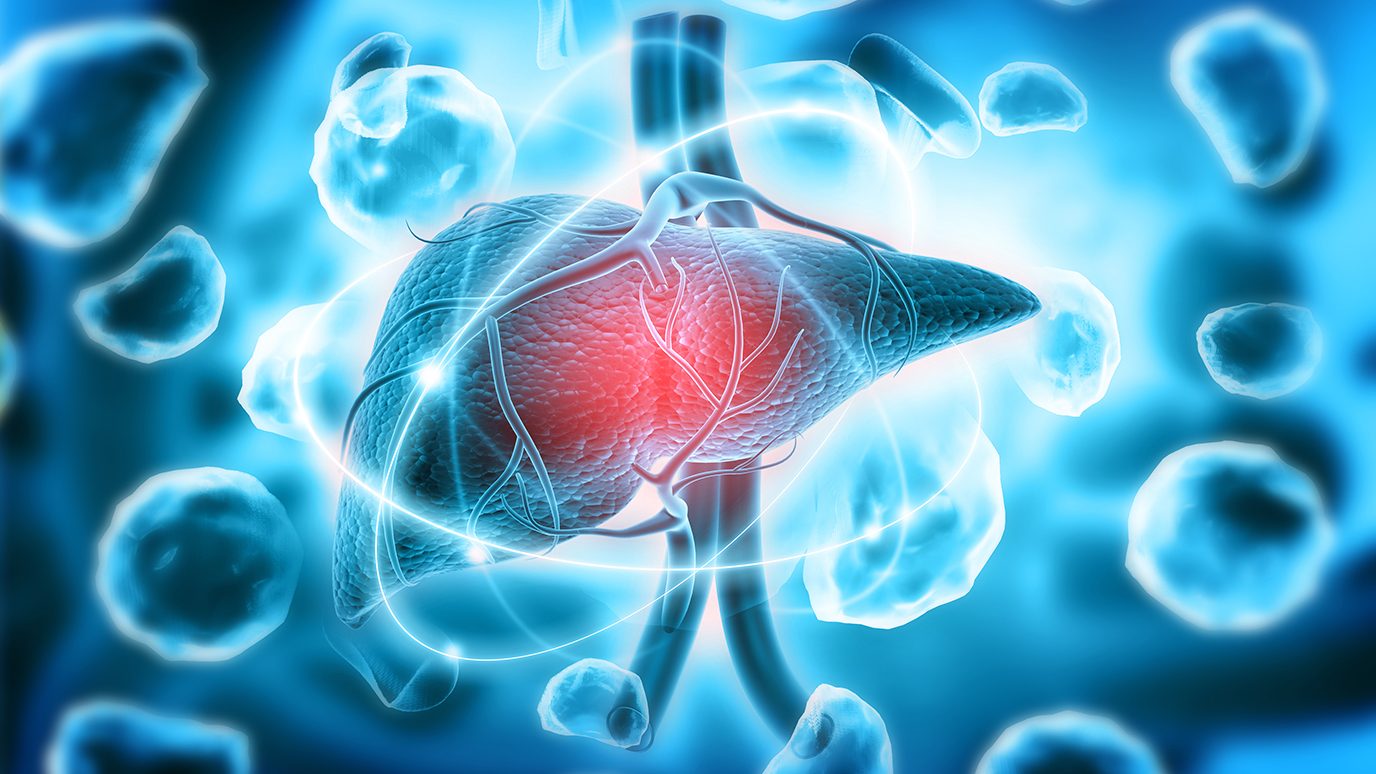MD Anderson Research Highlights: ASTRO 2023 Special Edition
The University of Texas MD Anderson Cancer Center’s Research Highlights showcases the latest breakthroughs in cancer care, research and prevention. These advances are made possible through seamless collaboration between MD Anderson’s world-leading clinicians and scientists, bringing discoveries from the lab to the clinic and back.
This special edition features presentations by MD Anderson researchers at the 2023 American Society...


MD Anderson Research Highlights for September 21, 2023
The University of Texas MD Anderson Cancer Center’s Research Highlights showcases the latest breakthroughs in cancer care, research and prevention...

MD Anderson expands breakthrough research campus with groundbreaking of innovative new facility
The University of Texas MD Anderson Cancer Center today broke ground on a 600,000-square-foot facility intended to anchor the institution’...
Exercise boosts anti-cancer immunity and reduces inflammation in Lynch Syndrome patients
Regular and intense aerobic exercise may reduce the risk of colorectal cancer in patients with Lynch Syndrome (LS) by improving the immune system's ability to detect and remove potentially harmful cells, according to researchers at The University of Texas MD Anderson Cancer Center.
The findings, published today in Clinical Cancer Research, revealed that LS carriers participating in a high-intensity training (HIIT) regimen...


Research identifies new potential hurdle for nano-based therapies
Researchers at The University of Texas MD Anderson Cancer Center have discovered that certain nano-based cancer therapies may be less effective...

Intensity-modulated radiation therapy provides long-term benefits to patients with locally advanced lung cancer
Intensity-modulated radiation therapy (IMRT) should be the preferred choice when treating patients with locally advanced non-small cell lung...

Enhanced recovery program successfully reduced opioid use after pancreatic cancer surgery
By improving hospital care pathways, researchers from The University of Texas MD Anderson Cancer Center successfully reduced inpatient opioid...

MD Anderson and Panacea launch Manaolana Oncology to develop antibody-based therapies for cancer
The University of Texas MD Anderson Cancer Center and Panacea Venture today announced the launch of Manaolana Oncology Inc., a new company...
